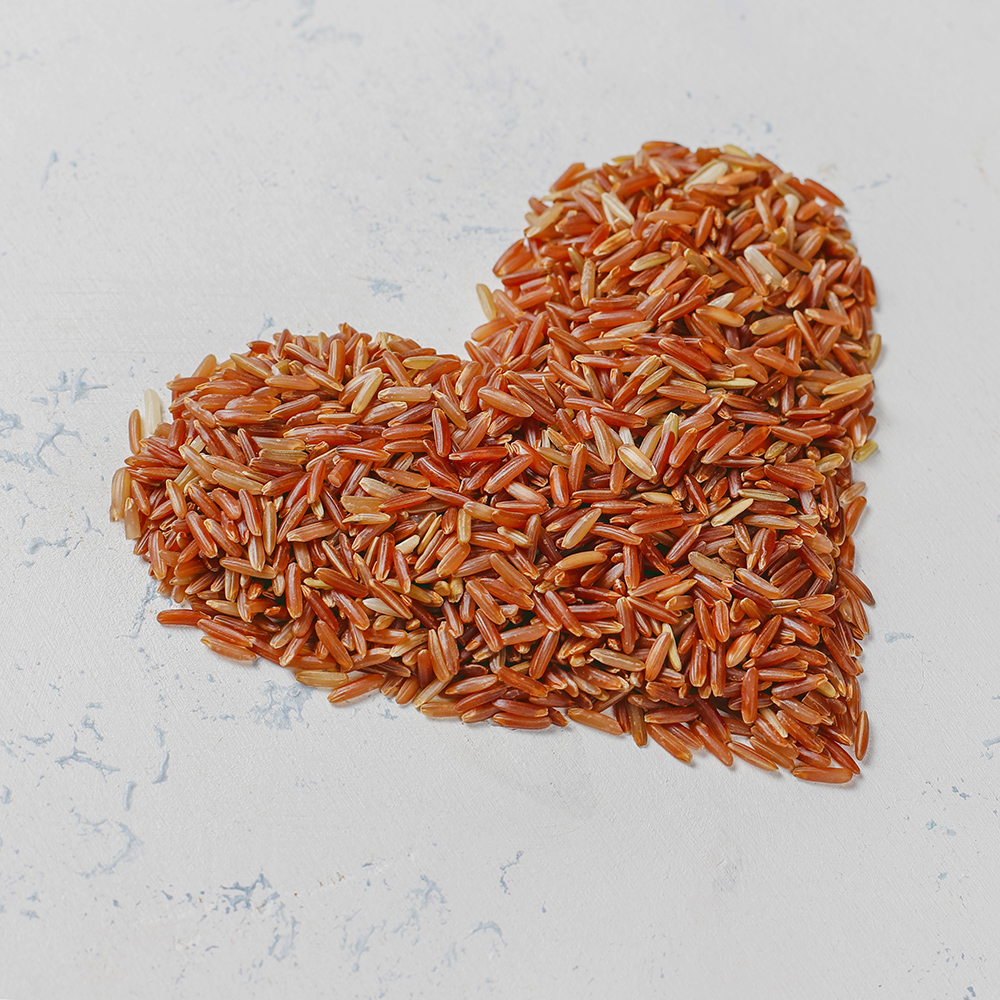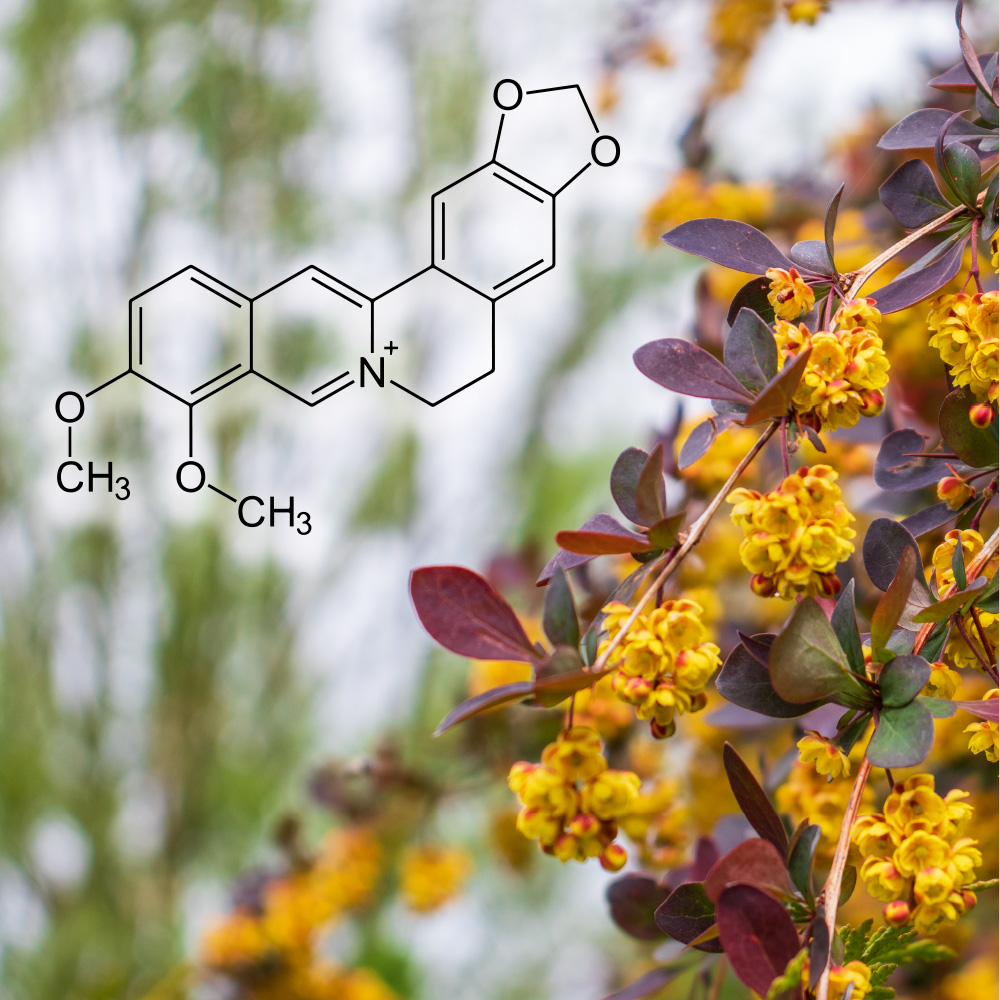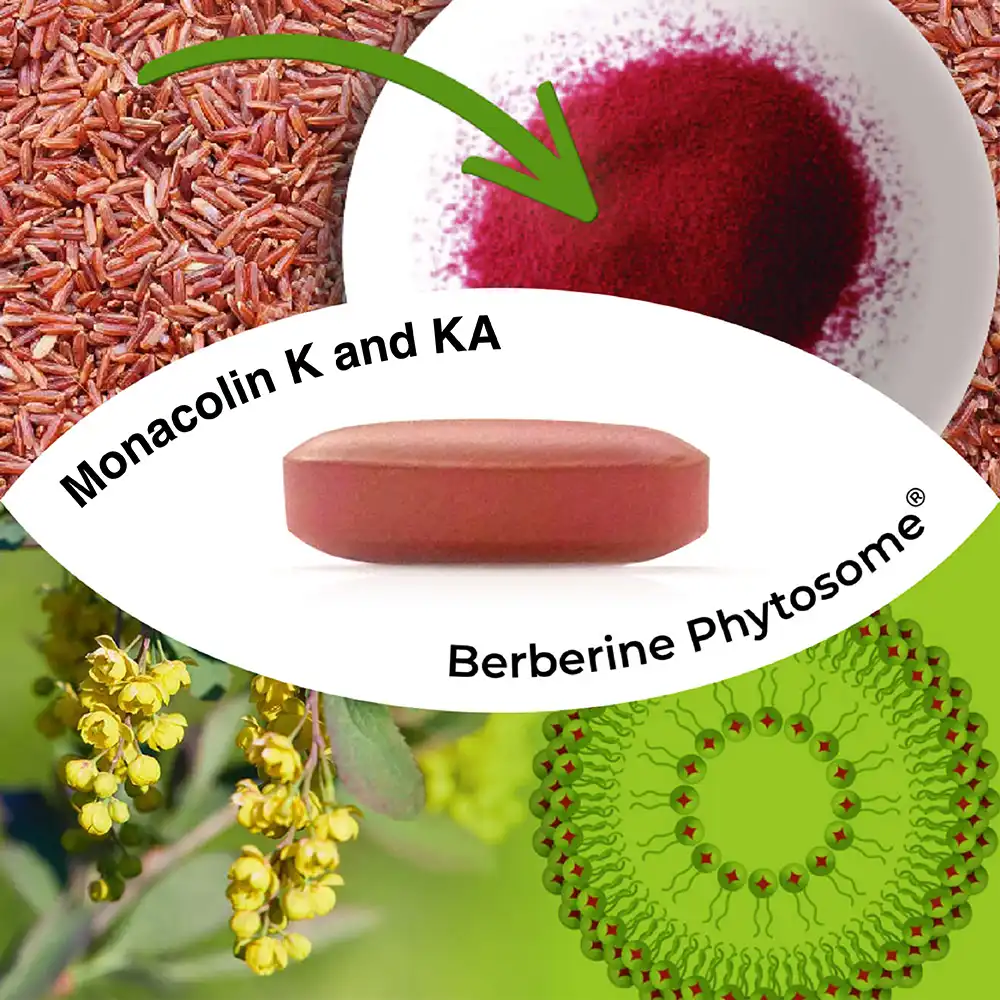FORMULATION
Monacolin K and KA

Monacolin K is a natural molecule obtained from the fermentation of red rice by the yeast Monascus purpureus, used since ancient times, especially in the East, for its cholesterol-controlling abilities.
However, fermented red rice extract, contrary to what one might think, does not only contain monacolin K; it presents at least 12 different monacolins. However, not all of these are useful; in fact, some are less active or even inactive. The only two monacolins with a marked cholesterol-lowering activity are monacolin KA and its precursor, monacolin K.
Berberol® K features a red yeast rice extract with a high content of Monacolin K and KA. This is because, thanks to an exclusive methodology, it is cleaned of its content in other inactive or poorly active monacolins which, if present, would affect the quality of the final product.





